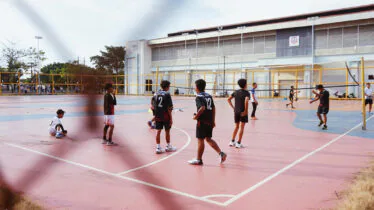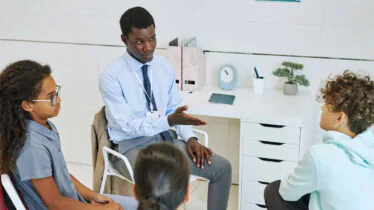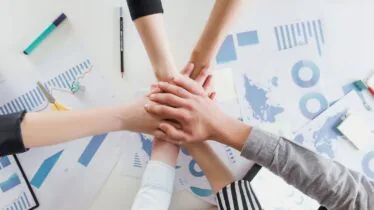Democracy Now!
My mentors taught me much about being a teacher, principal, spouse, parent, and member of my communities. Decades ago, when I would leave a meeting with one of my mentors, he would say to me, “Go out there Jeffrey and save democracy for another generation.”
“Okay, thanks. I’ll do my part,” I’d say.
There’s a long tradition to that desire. A hundred year ago, John Dewey was proposing that the foundation of all education in a democratic country is to prepare students to be active members of a democracy—where students experience those skills, not by reading about them in books, but engaging those skills every day in our classes. As Dewey would say, you can’t jump into the deep end of a pool and survive because you read about swimming in a book.
I always knew saving democracy for the next generation was not solely the task of the social studies and civic teachers. It’s a task that belongs to every teacher. It’s a task that provides students with voice and autonomy appropriate to their ages. It’s a task that projects our students as active and empowered members of their classes, schools and communities, not as test takers groomed to be passive employees.
What does an enveloping culture of democracy sound like? How do we start? We do so by insisting that our classes operate as communities, and the students experience their interdependence, over and over and over:
- When students enter the class we say to them, with phrasing that works for a first grader, and phrasing that works for a teenager: “Check in with your neighbor to make sure they have what they need to learn, because in this class we all help everyone learn.”
- We call out when a student cleans up the shavings from a pencil sharpener: “Thanks for doing that. We all contribute to this learning community working well.”
- When a student asks for extra time on a task, we say: “That’s how we roll in this class. We know that it is okay in this community to ask for what you need to learn.”
- At the end of the class or the day, we say, “How did you help this class work as a learning community? Can you remember what someone else did that helped us all?”
The same approach works for a student who is disruptive: “Right now you are not helping the class be a learning community. Let’s figure out how you can do that.”
Democracy is not a one-day-in-November activity; it is much more than voting, or passing a test on the Constitution. Saving democracy for the next generation means enveloping students in a daily culture that explores the obligations and opportunities inherent in a community. They learn that the diversity of their peers is a boundless source of interest and support. They see their teachers not as inevitable autocrats, but facilitators who bring out the collective best in their little class community.
Far more than competing for grades, their twelve years in school exposes them day by day to the true meaning of “e pluribus unum.”
It’s time to get going!
For a short video on John Dewey, follow this link: https://bit.ly/3Yw3KMQ
I hope to see you down the road soon.
Jeffrey



